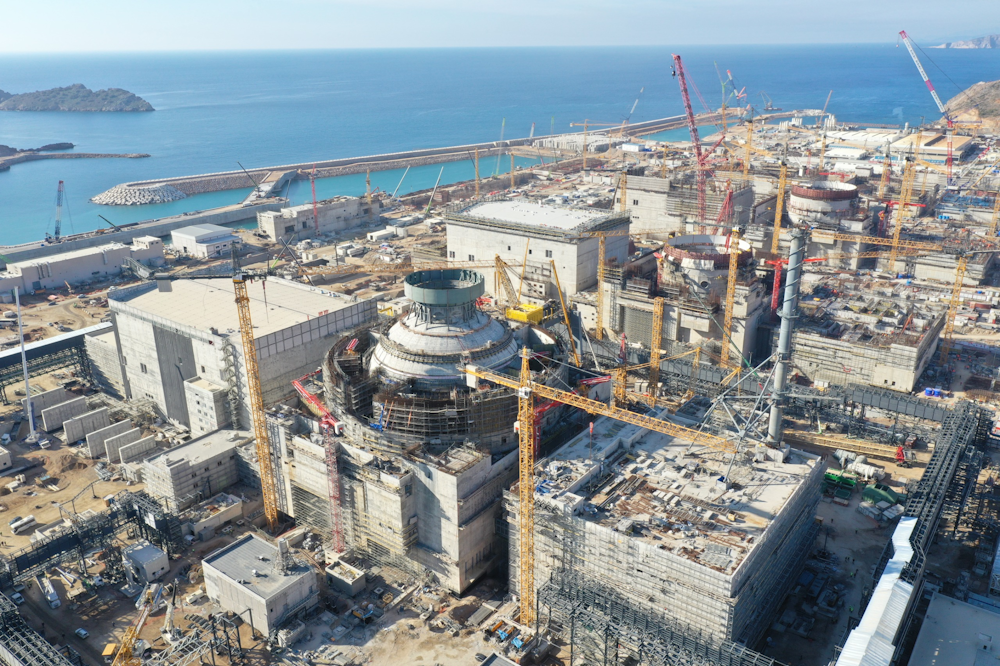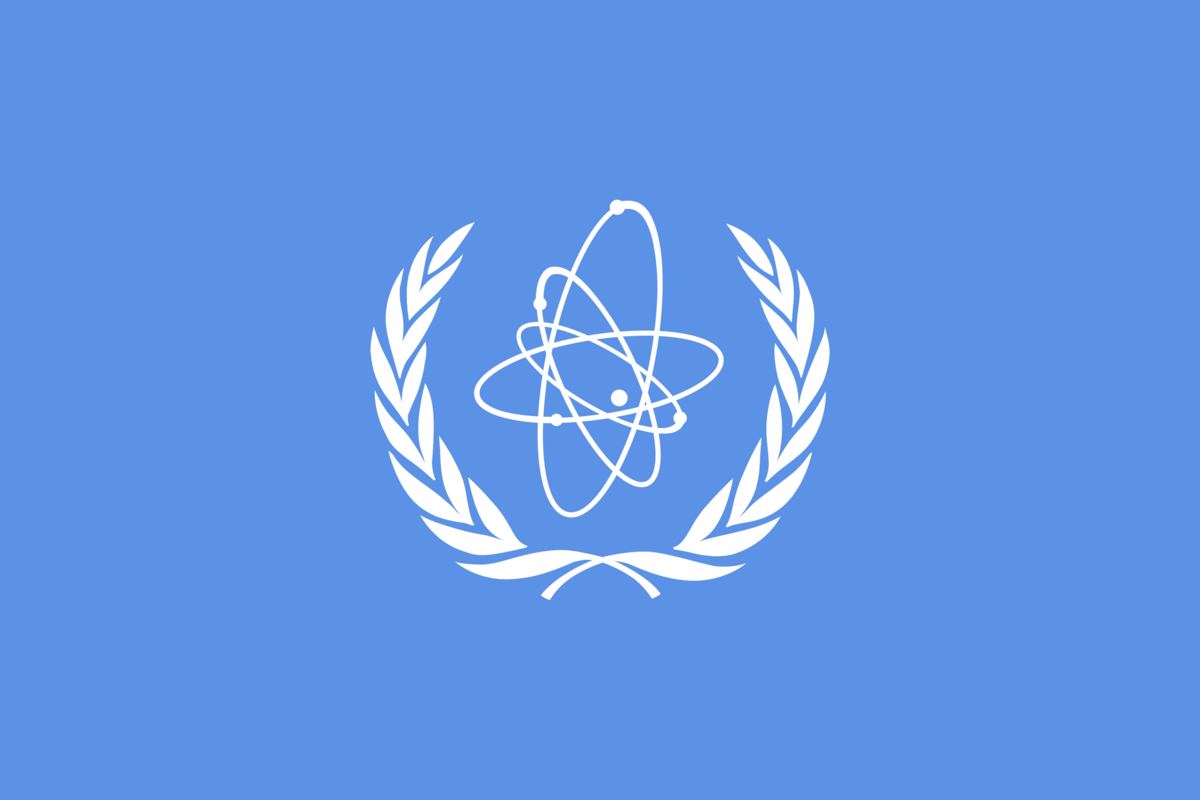Global Nuclear Expansion: Industry Prepares for Ambitious 2050 Goals
At the 2025 World Economic Forum (WEF) in Davos, experts discussed the ambitious goal of tripling global nuclear capacity by 2050. Kirsty Gogan, Co-CEO of Terra Praxis, highlighted that achieving this would require constructing approximately 30 gigawatts annually over two decades, starting in 2030. She emphasized a significant shift in financial institutions' perspectives towards funding nuclear projects, indicating a transformation in capital markets' views on nuclear energy.
Sweden's Deputy Prime Minister, Ebba Busch, noted a growing support for nuclear energy, driven by factual evidence, physics, and optimism for the future. She advocated for removing politics from energy policy, emphasizing the necessity of consistent, dispatchable energy for industrial electrification.
Wen Shugang, Chairman of China Huaneng Group, identified three key factors increasing interest in nuclear energy: its low-carbon nature, advancements in safety technologies, and its versatility beyond electricity generation.
International Atomic Energy Agency Director General Rafael Mariano Grossi acknowledged that while China is on track to triple its nuclear capacity by 2050, Western nations face challenges. He pointed out the need for changes across regulatory, financial, industrial, technological, and political dimensions to meet expansion goals.
EDF Chairman Luc Rémont highlighted the readiness of the manufacturing industry to produce nuclear plant components but stressed the importance of accelerating construction by standardizing reactor designs, avoiding the reinvention of processes for each project.
Darryl White, CEO of BMO Financial Group, discussed recent positive developments in financing nuclear projects but noted a lack of uniformity in frameworks and taxonomies. He emphasized the substantial challenge of securing financing over the next 25 years, suggesting it may be underestimated by many stakeholders.
Kirsty Gogan introduced the Ten-Terawatt Initiative by Terra Praxis, aiming to deploy 10 terawatts of low-cost, clean, firm power and heat between 2030 and 2040, with an additional 20 terawatts by 2050, without subsidies. This initiative focuses on mass-manufactured small modular reactors, standardized deployment, AI-accelerated licensing, attractive business models, and large-scale energy purchases by major users.
The panelists collectively recognized the complexities of expanding nuclear capacity but expressed optimism about the industry's progress in supply chain development and financing to meet future energy demands.
(Image: Screenshot from WEF)



.jpg)


